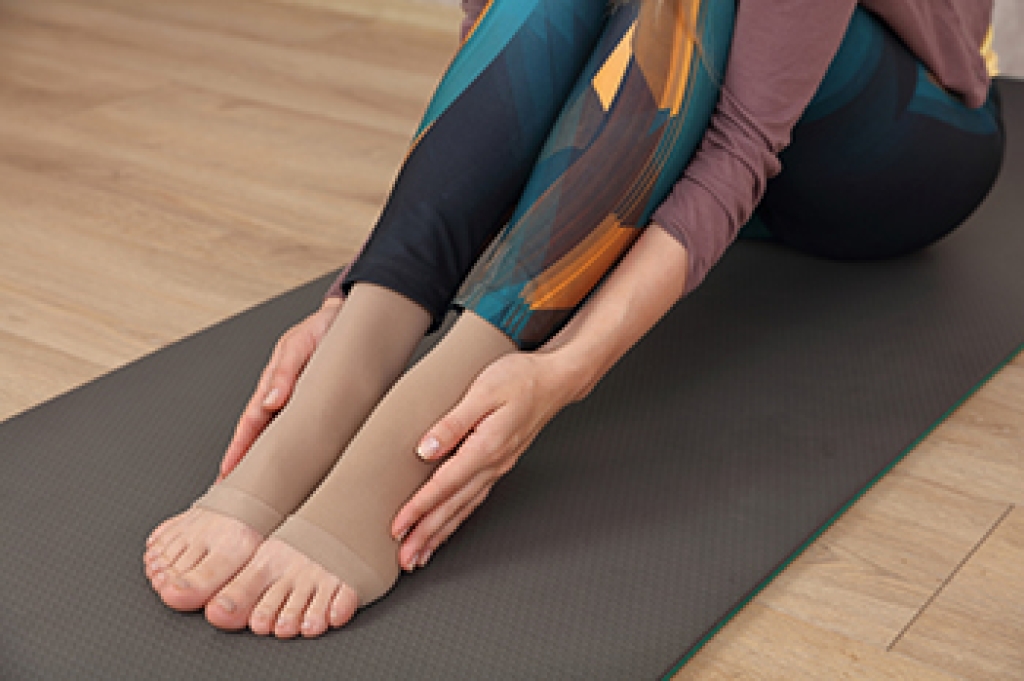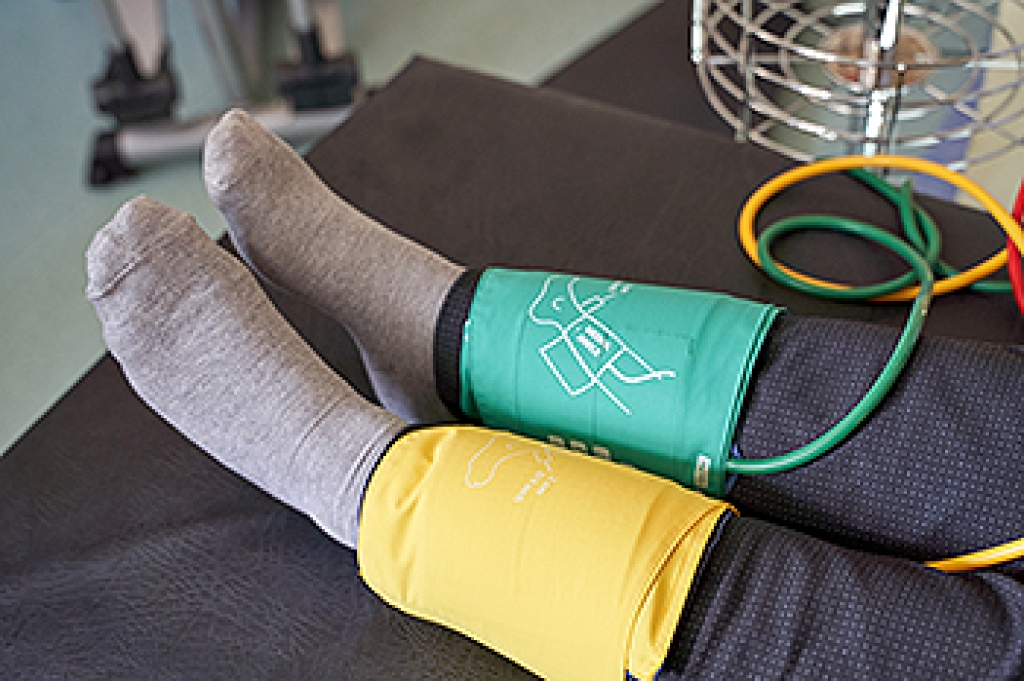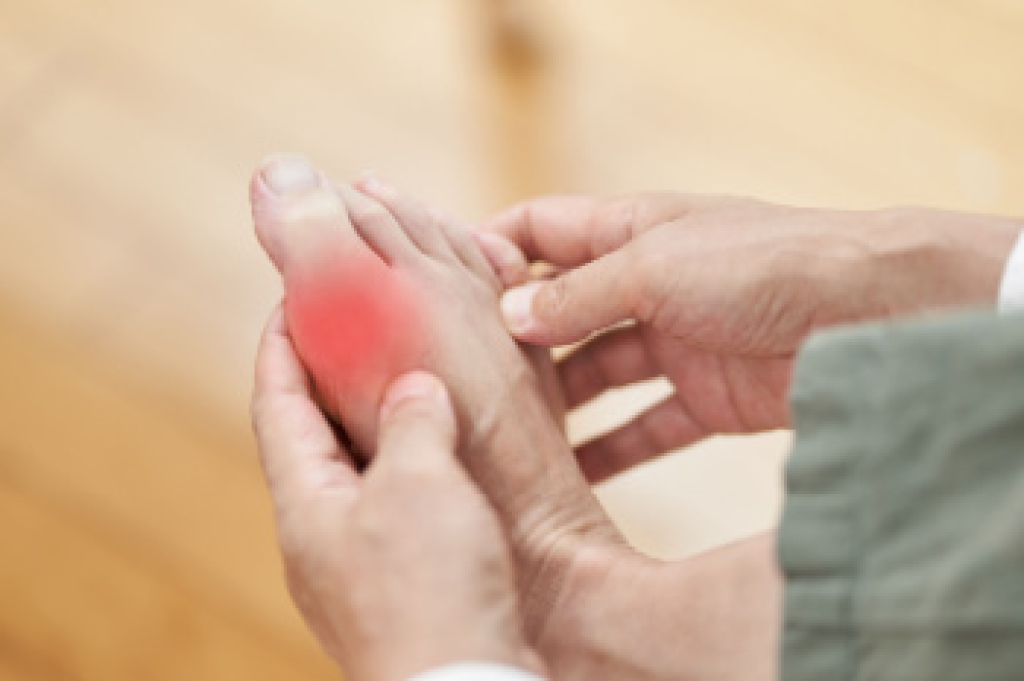
Poor circulation occurs when blood flow through the vessels is reduced, limiting the delivery of oxygen and nutrients to tissues. In the feet, this can lead to slow healing, skin changes, and increased risk of infection. Common symptoms include numbness and tingling, cold hands and feet, swelling, muscle cramps, and the appearance of varicose veins. Causes may include peripheral artery disease, diabetes, and habits such as standing or sitting for prolonged periods of time, which restrict healthy blood flow. Reduced circulation can lead to serious complications, if left untreated. If you have symptoms of poor foot circulation, it is suggested that you consult a podiatrist who can assess circulation, monitor foot health, and recommend appropriate care and lifestyle guidance.
While poor circulation itself isn’t a condition; it is a symptom of another underlying health condition you may have. If you have any concerns with poor circulation in your feet contact one of our podiatrists of Community Foot Specialists. Our doctors will treat your foot and ankle needs.
Poor Circulation in the Feet
Peripheral artery disease (PAD) can potentially lead to poor circulation in the lower extremities. PAD is a condition that causes the blood vessels and arteries to narrow. In a linked condition called atherosclerosis, the arteries stiffen up due to a buildup of plaque in the arteries and blood vessels. These two conditions can cause a decrease in the amount of blood that flows to your extremities, therefore resulting in pain.
Symptoms
Some of the most common symptoms of poor circulation are:
- Numbness
- Tingling
- Throbbing or stinging pain in limbs
- Pain
- Muscle Cramps
Treatment for poor circulation often depends on the underlying condition that causes it. Methods for treatment may include insulin for diabetes, special exercise programs, surgery for varicose veins, or compression socks for swollen legs.
As always, see a podiatrist as he or she will assist in finding a regimen that suits you. A podiatrist can also prescribe you any needed medication.
If you have any questions, please feel free to contact our offices located in Beavercreek, Dayton, and Vandalia, OH . We offer the newest diagnostic and treatment technologies for all your foot care needs.




